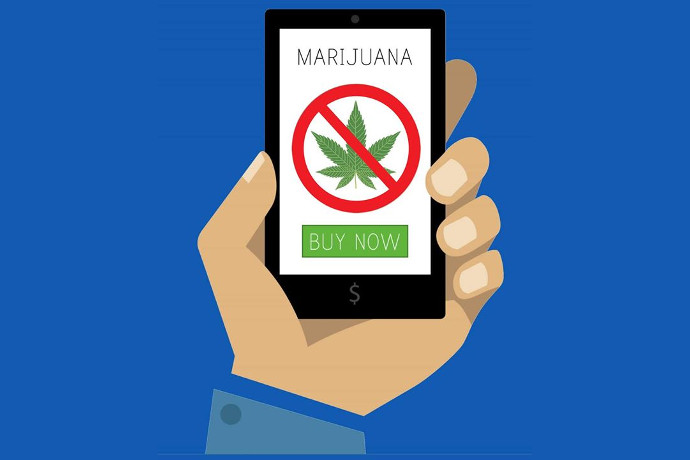
Google has announced it will no longer allow apps that promote the sale of marijuana in its Google Play store. The search engine giant updated its policy on marijuana to include the following language:
“We don’t allow apps that facilitate the sale of marijuana or marijuana products, regardless of legality.”
Here are some examples of common violations:
- Allowing users to order marijuana through an in-app shopping cart feature.
- Assisting users in arranging delivery or pick up of marijuana.
- Facilitating the sale of products containing THC [tetrahydrocannabinol].
Google’s move isn’t a first of it’s kind rule — they also do not allow tobacco related ads. Another new section of the policies stipulates that apps “that facilitate the sale of tobacco (including e-cigarettes)” are prohibited. Apps that help consumers purchase alcohol are apparently allowed, but not those that “encourage the irresponsible use of alcohol or tobacco.”
Before you go marching on Google headquarters, it’s important to note that they’re not banning all cannabis apps — only the sale and delivery scheduling functionality —- and there is a workaround. According to a Google spokesperson who spoke with Marijuana Moment, “These apps simply need to move the shopping cart flow outside of the app itself to be compliant with this new policy.”
Android users will be able to download marijuana delivery apps through other sites but these new rules could hinder some cannabis businesses, particularly those located in states where marijuana is legal.
Speculation is that Google’s new policy is in response to an FTC complaint filed in December, that Google was not verifying apps and games featured in the Family section of Google Play for compliance with U.S. children’s privacy law COPPA.
“After taking input from users and developers, we are evolving our Google Play policies to provide additional protections for children and families,” the company said in a blog post. “These policy changes build on our existing efforts to ensure that apps for children have appropriate content, show suitable ads and handle personally identifiable information correctly; they also reduce the chance that apps not intended for children could unintentionally attract them.”












